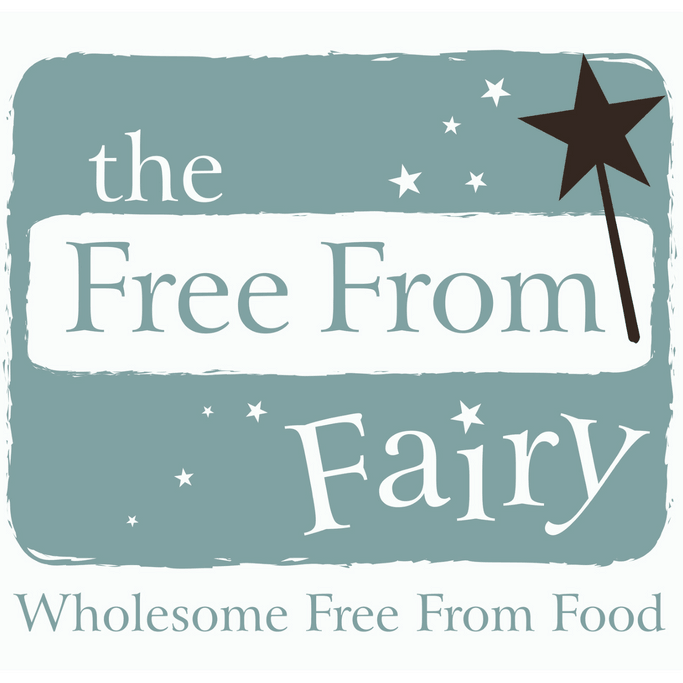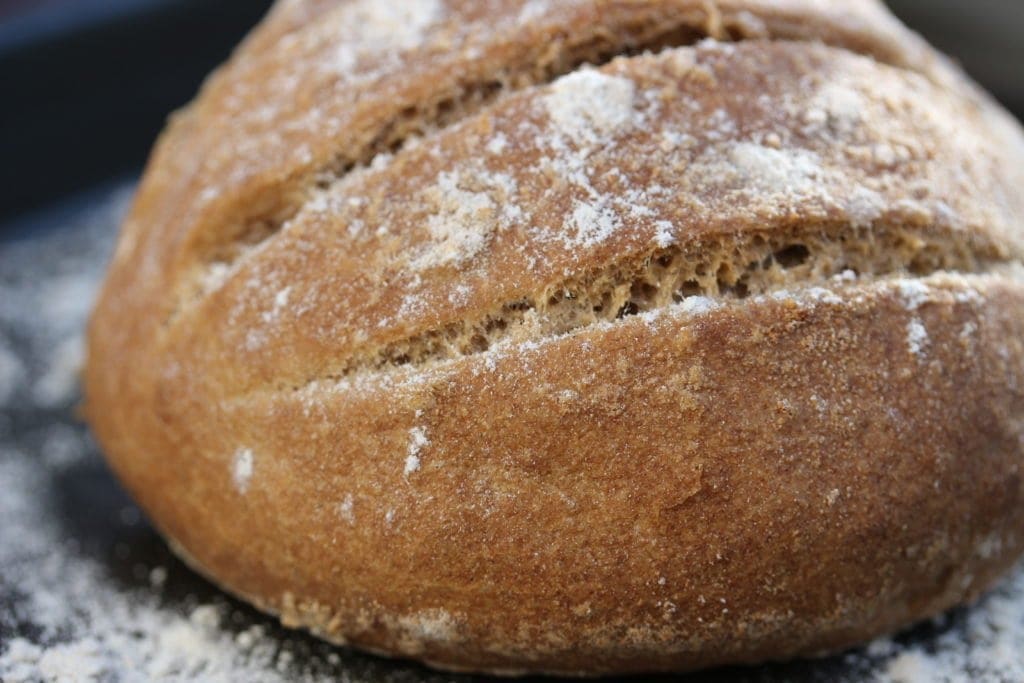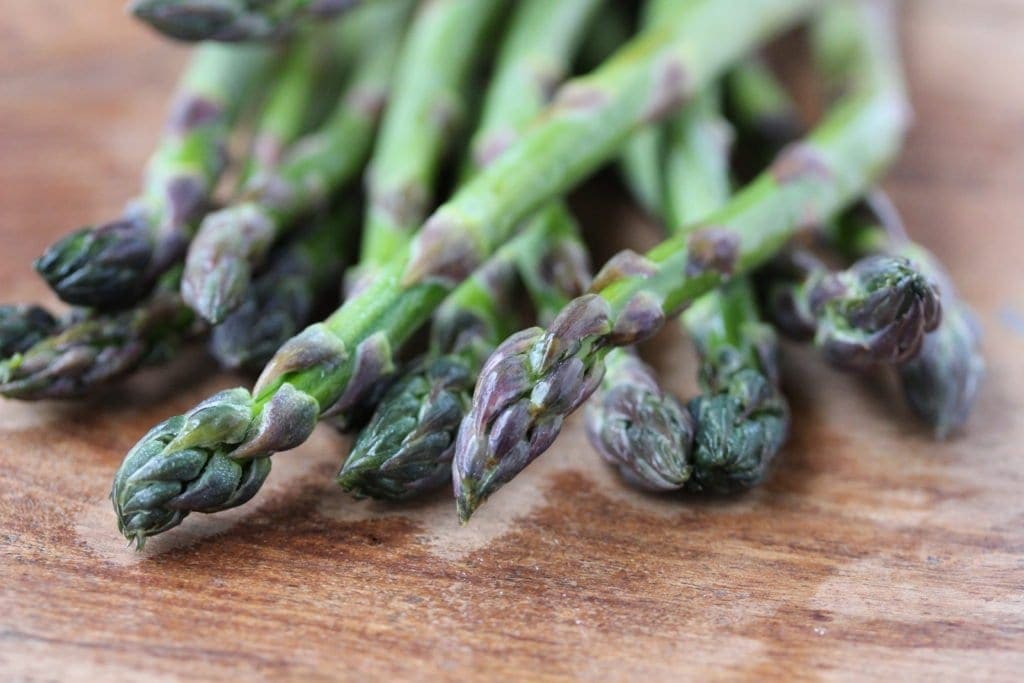Over the last few weeks I have read headline after headline about how bad the gluten-free diet is for you…
“Gluten Free Diets May Actually Be Doing You More Harm Than Good”
“Is Going Gluten Free Giving You Diabetes? New Diet Links Diet with the Disease.”
For the thousands of us who avoid gluten because we find eating it makes us ill, or because of an allergy intolerance or coeliac disease, this is not welcome reading.
As you know, I have a degree in biochemistry and genetics so am not totally unqualified to provide my comments. But they are just that..my personal opinion on such news stories.
There are two separate stories here, based on two different pieces of research.
The first relates to an American study carried out at the University of Illinois and reported in the journal Epidemiology.
They found that people who reported eating gluten-free had higher concentrations of arsenic in their urine, and mercury in their blood, than those who did not. The arsenic levels were almost twice as high for people eating a gluten-free diet, and mercury levels were 70 percent higher, but was only based on 73 participants.
My view on this is that the study was carried out in America where there are no regulations on arsenic or heavy metals in food (only in water). This was the case in Europe until January 2016 when maximum legal limits were introduced via this Commission Regulation. The results may therefore show higher levels than would be found in Europe.
Having said that, Professor Andy Meharg, an expert in the field believes that the limits set by the EU do not go far enough and are still too high to be safe.
Rice is known to bioaccumulate toxic metals such as arsenic and mercury and since rice is used as a wheat substitute in gluten-free foods, those eating a gluten-free diet can be exposed to higher levels of these metals.
The second headlines relate to research presented at the American Heart Association’s Epidemiology and Prevention / Lifestyle and Cardiometabolic Health 2017 Scientific Sessions. The paper has not yet been published so there is little information publicly available. The presentation suggested that those eating a gluten-free diet could be exposed to a higher risk of developing type 2 diabetes.
Now I have always been aware that Roo has a higher chance of having type 1 diabetes due to her having coeliac disease. However, the idea that by eating a gluten-free diet she was at a higher risk of type 2 as well was news to me.
One of the researchers said that “Gluten-free foods often have less dietary fibre and other micronutrients (such as vitamins and minerals), making them less nutritious” and since fibre is known to protect against type 2 diabetes, this could be one of the reasons for the increased risk.
My view on this is that lots more information is needed before conclusions can be made. It isn’t clear why those on a gluten-free diet are at higher risk of type 2 diabetes. As suggested, it could be due to lower levels of fibre and micronutrients but it could also be that those in the study ate a lot of highly processed gluten-free products that often contain higher levels of sugar and fat than the gluten-containing counterparts. None of this is clear.
Finally, back in February the BBC TV programme Trust Me, I’m A Doctor, covered the issue of arsenic in rice, asking “Should I worry about arsenic in my rice?”
The conclusion was that the more you eat, the higher risk you face of health issues associated with arsenic ingestion, with particular concern expressed in exposing children and babies to the dangers. In my view, those on a gluten-free diet potentially eat more rice than those on a ‘standard’ diet because it is used in most foods as a substitute for wheat.
So if you are following a gluten-free diet what can you do?
- Try to eat a naturally gluten-free diet, most of the time. Consider whether the food you are eating is ‘real’ or whether it has undergone processing to exist. For example meat in it’s natural state, eggs, fish, vegetables, nuts, seeds, beans, pulses, fruit and gluten-free grains in their natural state are all ‘real’ foods that have not been altered in any way.
- If you’re eating rice, follow the advice from one of the world’s leading experts in studying arsenic in rice, Professor Meharg, about how to cook it. You can find it here.
- Eat processed gluten-free foods in moderation. Nobody is suggesting that you should give up eating your favourite gluten-free bread or breakfast cereal…but perhaps take a look at how many of these things you eat in a day and look at ingredients lists.
- If you want to eat processed gluten-free foods every day, or are catering for a baby or child, consider making your own food using my flour blends. They do not contain any rice and are a source of protein and fibre whilst also containing some micronutrients such as calcium, phosphorous, potassium and magnesium. They can be used to make bread, cakes, crackers, biscuits, pasta, pastry and anything else you may fancy.
What is your view on these headlines? Are you worried or will you carry on eating a gluten-free diet?
I was worried when I found out that rice contained arsenic. I was also worried about Roo’s raised risk of type 1 diabetes as she has coeliac disease (both autoimmune conditions).
To avoid the white-based, rice-rich gluten-free diet, I created my wholegrain gluten and rice free flour blends. You can read more about why I created them here and where you can buy them here.
If you are worried about type 1 or 2 diabetes you can find out more by visiting Diabetes UK. To find out more about coeliac disease visit Coeliac UK.
I’ve shared this article with:





Lynda Saunders says
Over recent years our Australian Media seems to report their opinion rather than all the facts. I’ve become very skeptical of media and tend to do my own research before forming an opinion. Like you say, you can’t beat fresh whole foods. Its not easy to find gluten free flour without rice though and we appreciate your experience and efforts in testing various flour mixes. Thank you
Vicki Montague says
Aw thanks for your lovely comment Lynda. I’d love to sell my flour in Australia. Perhaps one day?!
emma amoscato says
This is a really interesting and useful article. I think the media constantly scaremongers about different foods but it’s good to look behind the headlines. Like most diets, it’s safer and healthier to eat unprocessed foods but this is not always realistic with busy lives and families so great tips. #freefromfridays
Vicki Montague says
Thanks Emma. Must pop over and see your non-food Easter treats. Sounds fab!
Vicki Montague says
Thanks Kirsty…I agree.
Chloe says
As always – loving your post! If we listened to all the reports our kids/we wouldn’t be able to eat anything! #freefromfridays
Mel says
That’s such an interesting article, Vicki. I’m always interested to hear your views as I know you are a lot more clued up than most 🙂 It makes complete sense that those on a gluten-free diet are more exposed to arsenic because of the fact rice flour is making up a large part of wheat flour substitutes. Just like you said, the more ‘back to basics’ and unprocessed your diet, the safer. We used to use a range of flour blends before your flour came on the market, but since it’s been around, I haven’t touched the other stuff. I don’t watch the amount of rice Jumpy has, simply because we probably have rice once every couple of weeks or once a week at most, I now use your flour for everything I bake and most of the treats she has are naturally gluten-free, so do not require a wheat substitute. She still has ‘free from’ biscuits and Schär bread, but other than that, it’s all homemade 🙂 I made your baguettes again yesterday, and they’re all gone!
Vicki Montague says
I’m so glad you like the flour!
Belinda Coney says
It worries me that the information is based on one study in the USA and is making headlines over here. In my opinion the USA has a very different food culture to ours in the UK so its difficult to compare. We know there is a vast amount of sugar and fat in processed free from foods and most of us are sensible enough to eat fresh food and use free from as treats and emergency freezer dinners. I wasn’t aware of the Arsenic levels in rice until you wrote about them, I have never liked rice flour and as I try not to eat too many carbs only have rice once a week. It worries me that folk will read the headlines, not understand the background research and its limitations. Most of us FF folk cant eat a normal diet as we would get too ill so we have little option other than be sensible about what we do eat. Oh and we all need to use your flour naturally!!!
Vicki Montague says
Hi Belinda, there are actually a lot of studies about heavy metals (in particular arsenic) in rice…Professor Andy Meharg in the UK has been studying it for decades and every now and again a new story emerges in the press. That was how I picked up on it years ago when the FSA started to give advise that kids under 4.5 shouldn’t have rice milk…
Vicki Montague says
Ah thanks Renee – I knew you’d agree ;)!